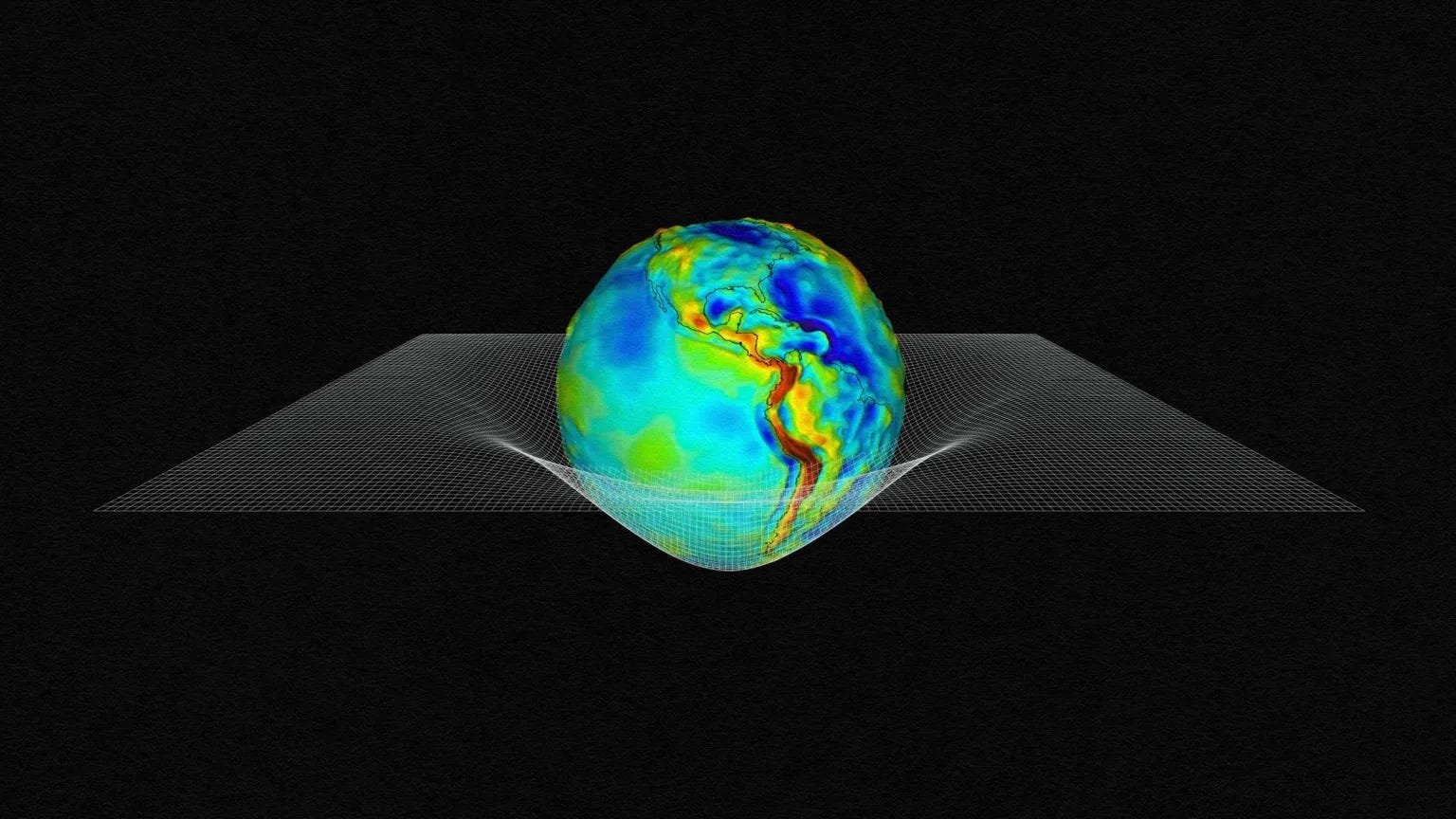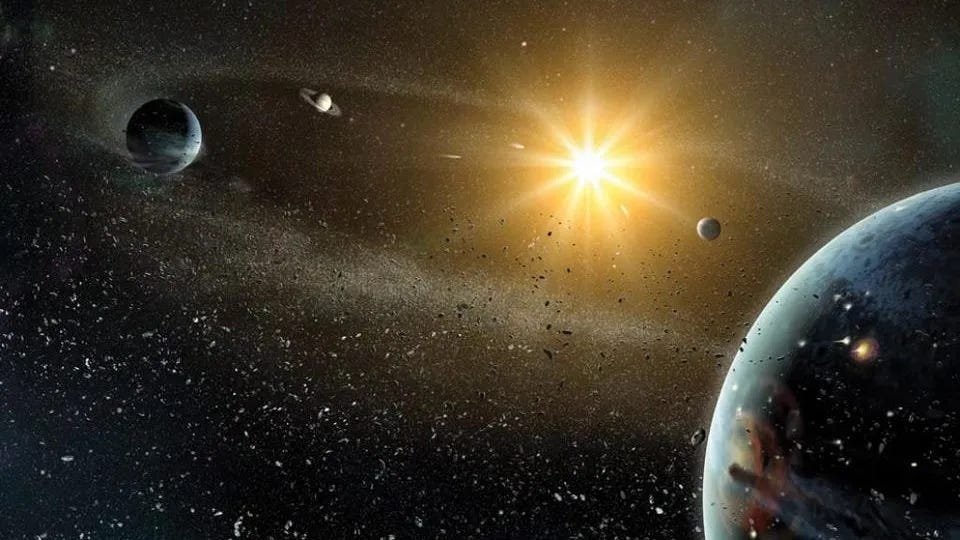
What was it like when human beings transformed the Earth? | by Ethan Siegel | Starts With A Bang! | Apr, 2024
Although human beings arrived on Earth just ~300,000 years ago, we’ve transformed the entire planet completely. Here’s how we did it.
When each of us is first born into this world, it might feel like the world was made for humanity. For the past few generations — now encompassing every living human being — there have been billions of us, spread out across every continent, with sprawling cities, towns, villages, and farms being home to most of us. And yet, the arrival of human beings on Earth was anything but an inevitability. Although the Universe created the conditions and ingredients that made our existence possible, it was only a series of unlikely events that unfolded that allowed our species, specifically, to rise to prominence. If even one of a countless number of outcomes had been different, our species may never have arisen on planet Earth.
Around 300,000 years ago, however, the first examples of our species — Homo sapiens — arose in Africa, having evolved from our shared common ancestors. For nearly all of that time, we lived concurrent with other hominids like Homo erectus and Neanderthals, with all of us making use of fire, tools, clothing, language, and artificially-built shelters. There’s even evidence that many of us interbred with the other hominids. And yet, the passage of just a few hundred thousand years saw us rise from a primitive hunter-gatherer society to the technologically-advanced modern world. This is the final stage in the story of the Universe that brings us up to the present day: how human civilization developed, and the consequences of that development for our world in 2024.
Over the millions of years before the arrival of human beings, our hominid cousins and ancestors had previously spread throughout the temperate areas of the world: including across the European, Asian, Australian, and American continents. However, once they arose, human beings remained confined to Africa, exclusively, for a substantial amount of time. Around 60,000 years after the first humans arose — some 240,000 years…




